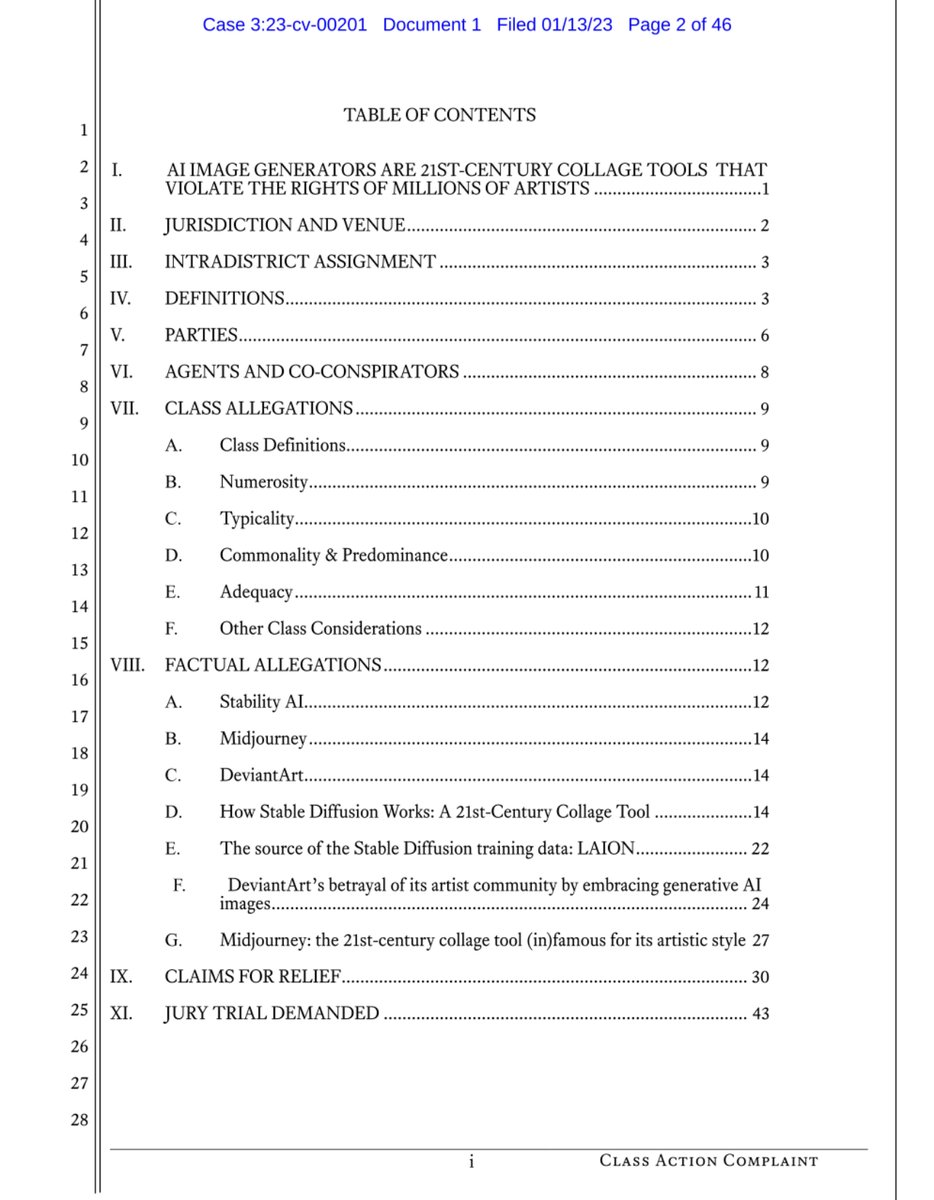What a day! 🔥 We have four incredible decisions released from the U.S. Supreme Court across intellectual property and internet law.
I’ll help break it down with a quick first pass at what the outcomes have been for four cases.
🧵
#SupremeCourt #SCOTUS
I’ll help break it down with a quick first pass at what the outcomes have been for four cases.
🧵
#SupremeCourt #SCOTUS
🔥 Andy Warhol Foundation for Visual Arts, Inc. v. Goldsmith
The Court finds in favor of Goldsmith that the use of the Prince photograph was NOT a #FairUse under #Copyright law.
The Court finds in favor of Goldsmith that the use of the Prince photograph was NOT a #FairUse under #Copyright law.
It was a 7-2 decision written by Justice Sotomayor, with a dissent written by Justice Kagan and joined by Chief Justice Roberts.
Read: supremecourt.gov/opinions/22pdf…
Read: supremecourt.gov/opinions/22pdf…
🔥 Gonzalez v. Google LLC
“[W]e think it sufficient to acknowledge that much (if not all) of [Gonzalez family's] complaint seems to fail under either our decision in Twitter or the Ninth Circuit’s unchallenged holdings below. …
“[W]e think it sufficient to acknowledge that much (if not all) of [Gonzalez family's] complaint seems to fail under either our decision in Twitter or the Ninth Circuit’s unchallenged holdings below. …
… We therefore decline to address the application of §230 to a complaint that appears to state little, if any, plausible claim for relief. …
… Instead, we vacate the judgment below and remand the case for the Ninth Circuit to consider plaintiffs’ complaint in light of our decision in Twitter.”
Read: supremecourt.gov/opinions/22pdf…
Read: supremecourt.gov/opinions/22pdf…
🔥 Twitter, Inc. v. Taamneh
“Plaintiffs’ allegations that these social-media companies aided and abetted ISIS in its terrorist attack on the Reina nightclub fail to state a claim under 18 U. S. C. §2333(d)(2)”
“Plaintiffs’ allegations that these social-media companies aided and abetted ISIS in its terrorist attack on the Reina nightclub fail to state a claim under 18 U. S. C. §2333(d)(2)”
“In this case, the failure to allege that the platforms here do more than transmit information by billions of people [...] is insufficient to state a claim that defendants knowingly gave substantial assistance and thereby aided and abetted ISIS’ acts.”
It was a unanimous decision written by Justice Thomas, with Justice Jackson filing a concurring opinion.
Read: supremecourt.gov/opinions/22pdf…
Read: supremecourt.gov/opinions/22pdf…
🔥 Amgen Inc. v. Sanofi
"After Amgen obtained the 2014 patents, it sued Sanofi for infringement. Sanofi replied that it was not liable to Amgen for infringement because Amgen’s relevant claims were invalid under the Patent Act’s “enablement” requirement.
"After Amgen obtained the 2014 patents, it sued Sanofi for infringement. Sanofi replied that it was not liable to Amgen for infringement because Amgen’s relevant claims were invalid under the Patent Act’s “enablement” requirement.
…. That provision requires a patent applicant to describe the invention “in such full, clear, concise, and exact terms as to enable any person skilled in the art . . . to make and use the [invention].” 35 U. S. C. §112(a). …
… Sanofi characterized the methods Amgen outlined for generating additional antibodies as amounting to little more than a trial-and-error process of discovery, and thus contended that Amgen’s patents failed to meet the enablement requirement because they sought to claim for …
… Amgen’s exclusive use potentially millions more antibodies than the company had taught persons skilled in the art to make. Both the district court and the Federal Circuit sided with Sanofi.”
“The courts below correctly concluded that Amgen failed “to enable any person skilled in the art . . . to make and use the [invention]” as defined by the relevant claims.”
• • •
Missing some Tweet in this thread? You can try to
force a refresh

 Read on Twitter
Read on Twitter
















